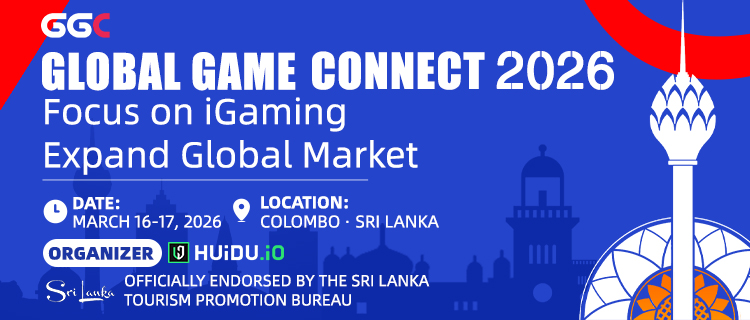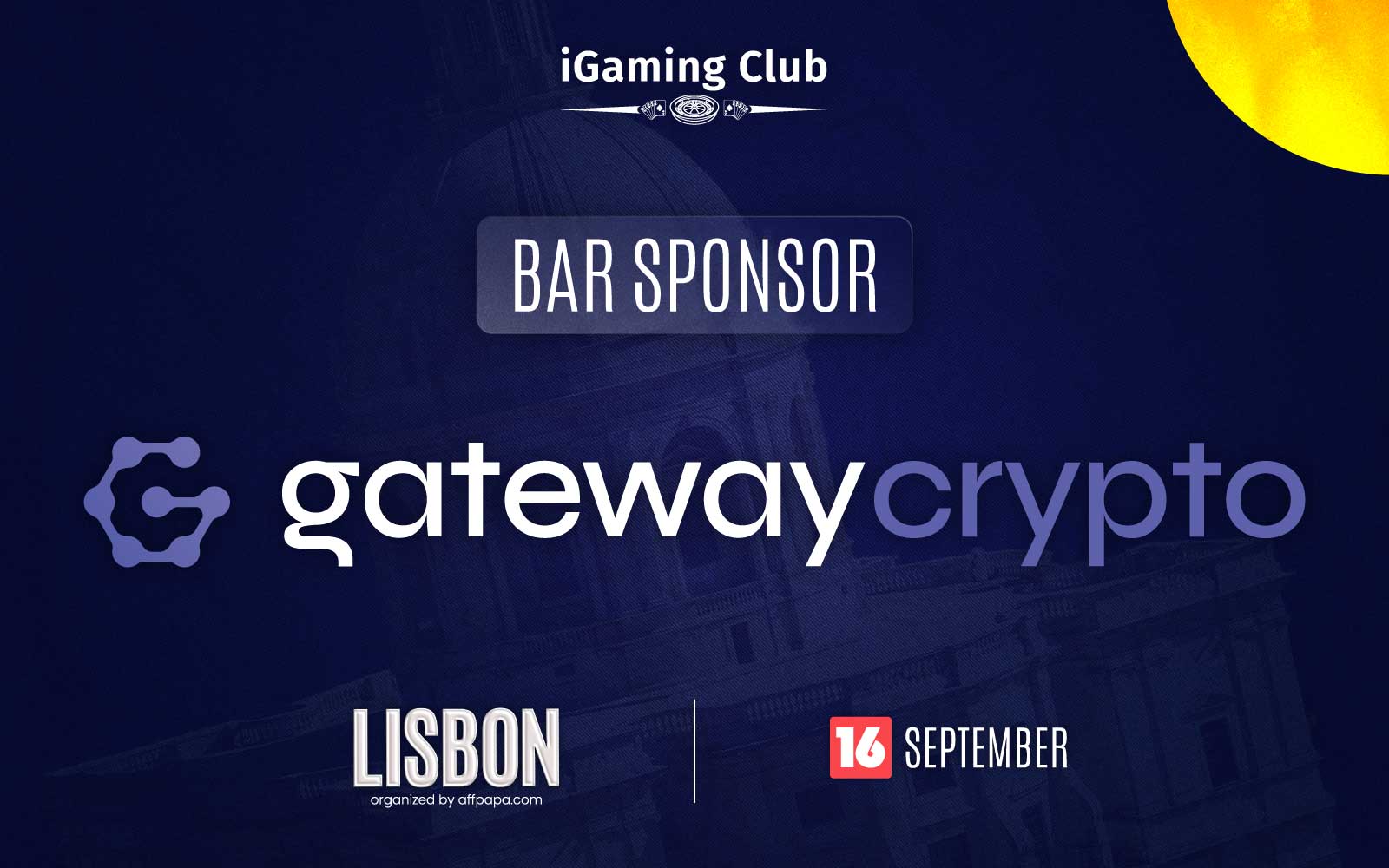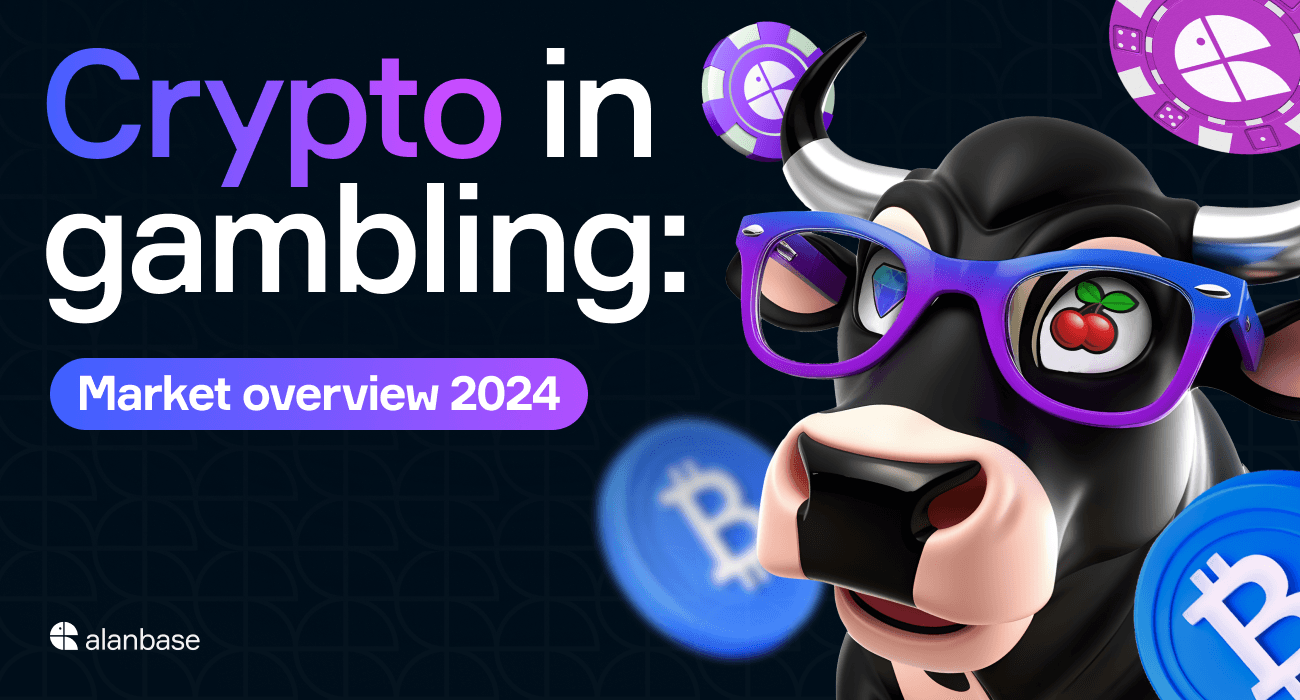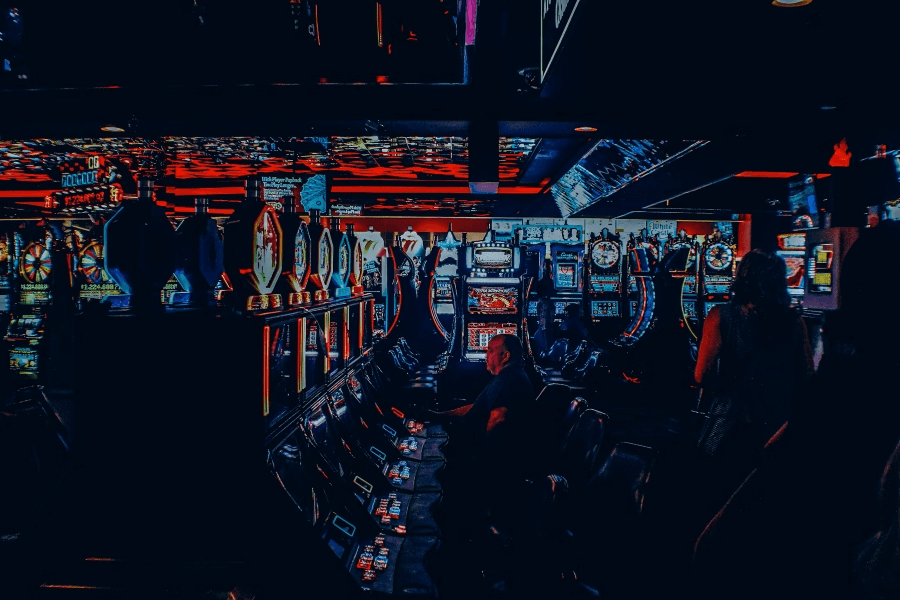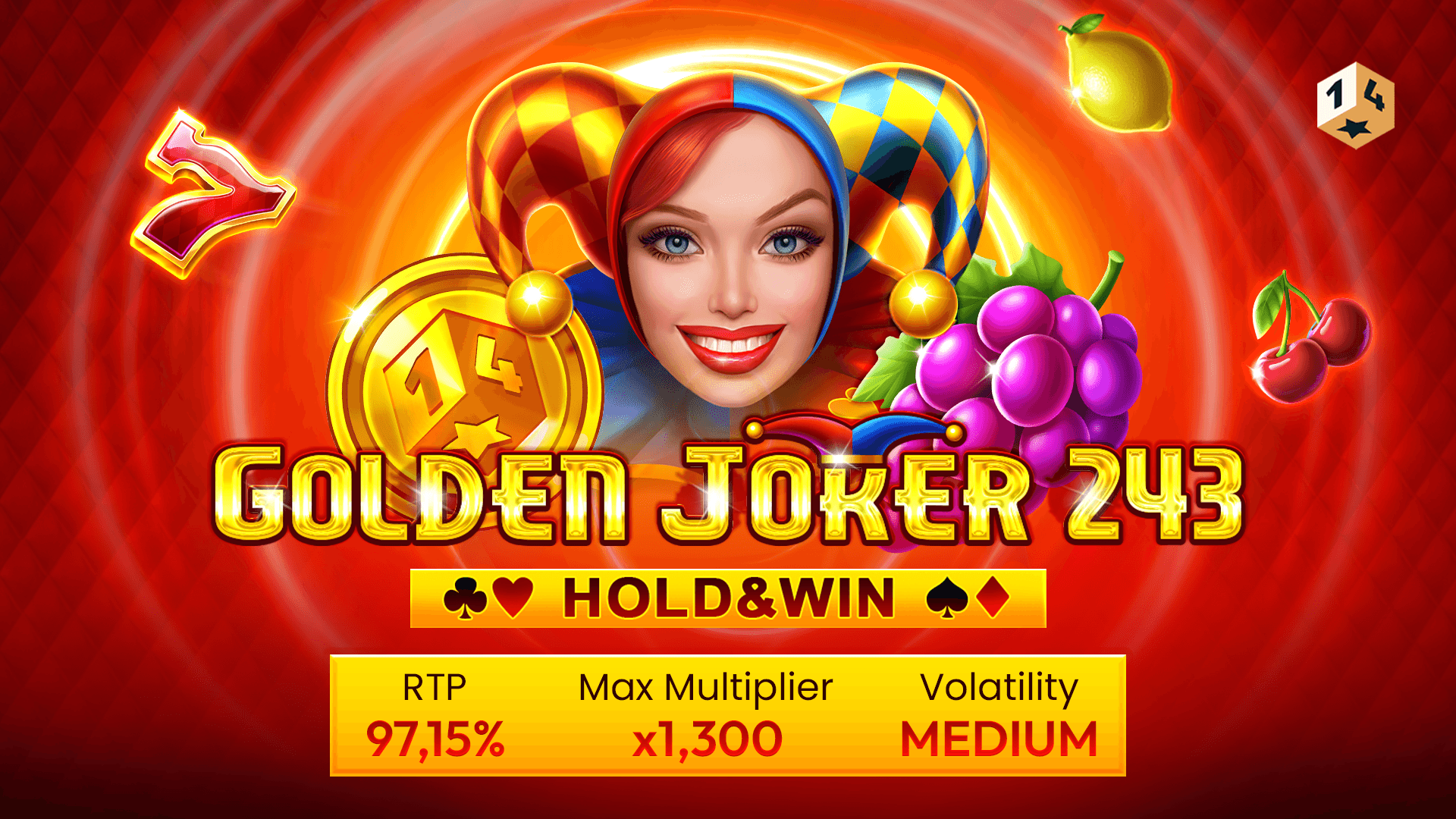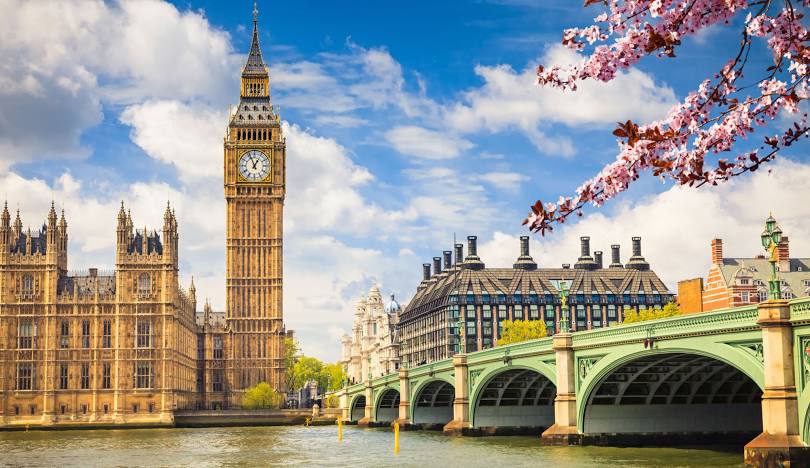
Repeat offenders targeted
According to the Ksa, this is not the first time the three influencers have been involved in such violations. Each of them has previously faced warnings or penalties for similar offences. The regulator has now given them 48 hours to remove the content from their social media channels.
If they fail to comply, or if new content reappears promoting illegal operators, they may face financial penalties of €25,000 each time, up to a maximum of €75,000.
Previous cases of illegal gambling promotion
This is not the first incident of influencers facing action in the Netherlands. In July, YouTube influencer LeftlanePapi was also fined for promoting illegal gambling operators. The Ksa has been consistent in signalling that online promotion of unlicensed platforms will not be tolerated.
The regulator has increased its oversight of online activity in recent months, warning that individuals with public reach carry a responsibility not to encourage illegal play.
Market landscape and legal play
Illegal gambling has been a growing concern for Dutch authorities. A report released in July found that 93 percent of players in the Netherlands use only licensed providers. This marked a significant success for the regulated market, although challenges remain.
One factor affecting the market has been the rise in gaming tax. Earlier this month, the Dutch Lottery warned that higher taxes could change player behaviour and shift dynamics in the market. Despite this, the regulator noted that most players continue to choose legal operators.
Ksa investigation into player influence
Alongside enforcement against influencers, the Ksa has also launched an investigation into how operators use techniques to influence player behaviour. The authority announced the inquiry last week, stating that it will study both positive and negative methods used by online providers.
The regulator will also examine whether negative practices pose risks to players or breach duty of care obligations.
Ksa Chairman Michel Groothuizen explained that operators, like other commercial companies, monitor user activity to understand how to influence behaviour to their advantage. The regulator’s focus is to ensure that such practices do not harm players.
Strong oversight in Dutch market
The actions against influencers reflect the wider regulatory approach in the Netherlands. The Ksa continues to take steps to protect players, ensure fair play and maintain the integrity of the licensed gambling market.
With repeat offenders now facing stronger penalties and ongoing investigations into operator practices, the authority has underlined its commitment to strict oversight of both promotional activity and player protection.
Ksa strengthens duty of care
Ksa recently released new guidance aimed at tightening how slot machine halls and land-based casinos meet their legal duty of care, even as critics warn the country’s strict gambling policies are pushing players towards the black market.
The guidance, published on 16 September, provides operators with “practical tools and explanations” but “no new rules.” It follows a series of inspections across the country in which regulators found that while most venues showed awareness of their obligations, “the implementation in certain areas can still be improved.”
The duty of care, which was expanded with the 2021 Remote Gambling Act (Wet Koa), obliges gambling halls to prevent and limit addiction. Ksa officials said they had consulted with industry stakeholders before finalising the guidance. The document includes detailed instructions, examples of expected practices, and a list of frequently asked questions.
Alongside the guidance, operators received a separate manual on identity and Cruks checks. Cruks is the national exclusion register that allows players to voluntarily block themselves from all licensed gambling operators. The authority said it had “regularly received questions from the sector” about its functioning and the new manual addresses common issues.



 2025-10-01
2025-10-01
